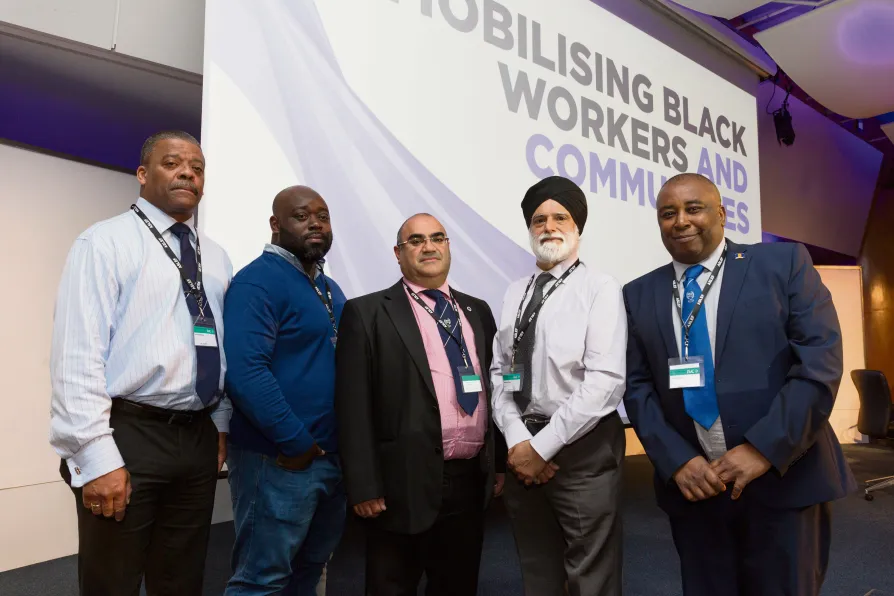By pressuring Mexico to halt oil shipments, Washington is escalating its blockade of Cuba into a direct bid for economic collapse and regime change, argues SEVIM DAGDELEN

 The Aslef delegation at the Black Workers Conference in 2017
[Rod Leon]
The Aslef delegation at the Black Workers Conference in 2017
[Rod Leon]
The TUC Black Workers Conference opens today at a time of heightened debate about a perceived rise in racism.
I say perceived because many of us have been saying for some considerable time that racism in our lives — whether at work or in the streets — is almost a given.
Of course it’s correct to say that we are seeing much more fascist activity than we have for some years.

ROGER McKENZIE calls for greater support from trade unionists and the general public for female workers involved in industrial disputes

I found myself alone as the sole reporter at Britain’s largest union conference, leaving stories of modern-day slavery and sexual exploitation going unreported: our socialist journalism is just as vital as the union work we cover, writes ROGER McKENZIE

ROS SITWELL reports from the Morning Star conference on ‘Race, Sex and Class Liberation’ last weekend











